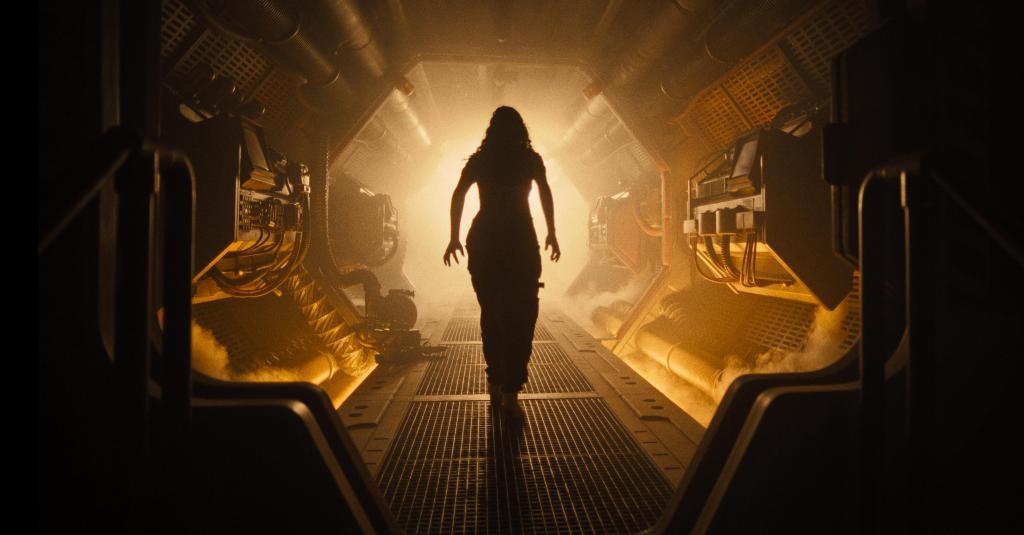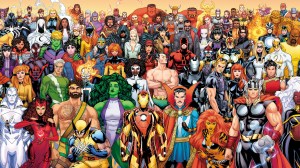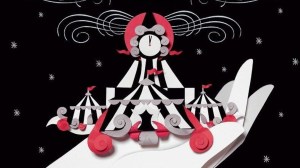Alien: Romulus may very well mark a pivotal moment in fandom franchise filmmaking – a moment where we must ask: Are creators who are passionate fans themselves really the one best suited for handling that beloved franchise? That answer – as represented by the Alien film: Romulus – is starting to look like a resounding “No,” as this film is a clear example of how a franchise’s past and ever-expanding lore can grow into thick weeds that tangle up any new attempt to grow.
Videos by ComicBook.com
Alien: Romulus is set in the decades between when Ellen Ripley (Sigourney Weaver) and the crew of the Nostromo battled a xenomorph (in Alien), and when Ripley woke from cryo-sleep to find an entire colony was being slaughtered on the exomoon LV-426 (in Aliens). The events of the first Alien open the doorway to the xenomorph lifeform being acquired and studied in secret – experiments which (naturally) go wrong, turning a space station into a charnel house.

All of that is unbeknownst to the Rain Carradine (Cailee Spaeny) and her ragtag crew of young (Gen Z) colonists, who are “living” in the toxic and destitute mining colony of Jackson’s Star. Rain and her friends saw their parents sacrifice their lives in the mines, and demand better for themselves – but when the Weyland-Yutani Corporation begins moving the goalposts of service contracts, it becomes clear that the “process” of gaining freedom is nothing but an illusion. To make matters worse, Rain’s adopted brother Andy (David Jonsson) is a synthetic whose programming is increasingly glitchy, making him a target of bigots and bullies.
Rain’s friend (or something more?) Tyler (Archie Renaux) goads her into using Andy for a bold heist. They hijack a mining ship and fly it to the abandoned dual-sectioned space station Romulus/Remus. There they hope to find cryo-stasis chambers that can preserve them for the nine-year trip to a lavish, green planet in a far-away colony settlement. The plan works at first: the tubes are there, but the gang hits a snag when it becomes clear they must venture deeper into the station to find the cryo-fuel needed to power the tubes. When the ill-fated group of youngsters reactivates the ship’s functions, they also re-activate the dormant xenomorphs and facehuggers lurking onboard. Rain uploads Andy with a new set of programming to help them escape the nightmare vessel – but in doing so, may inadvertently create an even bigger threat to their survival.

Alien: Romulus is directed by Fede Álvarez, the horror maestro who is notoriously picky with his directorial features, having only directed Evil Dead (2013) and Don’t Breathe (2016) – two cult-hit horror films – as well as The Girl in the Spider’s Web (2018), which all but ended hopes for the Lisbeth Salander franchise. Unfortunately, Alien: Romulus is another piece of growing evidence that Álvarez’s talent may be limited to a very specific lane of hardcore horror, because this second step into genre fare is about as disappointing as Girl in the Spider’s Web was.
There is no denying that Álvarez is a major fan of the Alien franchise – but ironically, the proof of his fandom that he packs into the screen is also the very thing that holds the movie back. Romulus has a slavish fascination with Ridley Scott’s original Alien, it’s stylistic design, tone, and aesthetic – but there’s also plenty of love for James Cameron’s action-packed sequel and all the fun sci-fi gadgetry and world-building it offered. But Álvarez (along with his collaborator Rodo Sysagues) can’t stop there – they have to acknowledge the expanded mythos that Ridley Scott added with his prequels Prometheus and Alien: Covenant – and even wayward child of the franchise get nods – such as Alien 3 (with its dystopian vision of colony life) and Alien: Ressurection, with the latter getting a major head-nod in a make-or-break third act that will leave fans deeply divided.
Under all that weight of nostalgia and franchise obligation, the actual standalone story, the characters presented in it, and their conflicts and arcs all get crushed. By the time the climatic act is trying to blend every piece of the Alien franchise together, it’s clear that fandom nostalgia – gripping onto to the past too tightly – has mutated into a bizarre and grotesque pile of callbacks and remembrances, which fail to spark new ideas or new excitement for more Alien stories. The set pieces feel like more was done to pack them with Easter eggs or bring back older set designs, props, and visual effects than there was a consideration of how any of it looked, fit together, or functioned in the film; whether anything (thrills, chills, kills, drama) was being earned, or was just expected to have an impact, because it’s Alien. Instead of recreating the world of Alien for fans, Álvarez instead creates a museum of Alien franchise memorabilia – and that’s about all the level of excitement to be had from experiencing it. If not for Álvarez’s sheer visual talents as a filmmaker, this film would have little reason to be a theatrical release.

The cast of Alien: Romulus should get credit for at least doing the most with what they were given – even though the actual arcs and connections between the characters are understated and muddled. Half of the actors (Isabela Merced, Aileen Wu, Spike Fearn) play little more than paper-thin bit characters and/or fodder; Cailee Spaeny and Archie Renaux are mostly just there as lead characters with muted romantic undertones. It’s David Jonsson who is arguably the biggest “protagonist” of this film, as Andy’s process of awakening and his moral/analytic divide about handling the situation are the most dynamic and engaging elements of the film (and even that is a somewhat faded echo of the synth characters previously played by Michael Fassbender or Ian Holm).
Alien: Romulus should be a big step forward for the franchise, but instead it’s just a long look backward. It also may be the final proof needed that only Ridley Scott knows the core of what makes Alien a classic horror tale, and may be the only one suited to truly move things forward.
Rating: 2.5 out of 5
Alien: Romulus is in theaters now.








